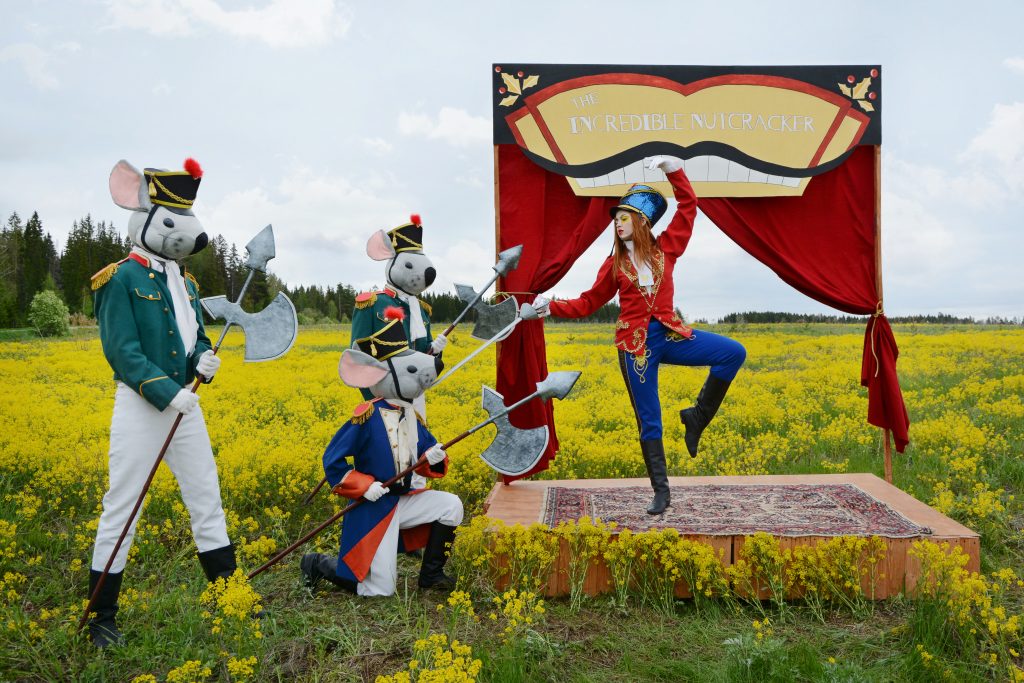
In the immortal words of Fergie “A little party never killed nobody, right here, right now’s all we got.” And boy is that true! As human beings we are born into social groups, we dream, learn, grow, and work as part of society. The society that we’re born into and the societies that we navigate throughout our lives shape our personal identities. Even the most introverted among us crave social contact from time to time. But why is that, and does being social bring us any actual health benefits? Dare we say going to a party may be beneficial to one’s health?
It may be intuitive to say that being social has helped our species to not only survive but also thrive over millions of years. But why is that so? A study from 2011, which was published in the journal Nature, argues that being social became a key strength for the primate ancestors of humans when they switched from foraging for food by night (so that they could use darkness as a shield) to carrying out their activities by day (which rendered them more vulnerable to a wider range of predators). Another more recent study also in the journal Nature — suggests that early hominids may have evolved a basic form of language because they needed more advanced communication to share ideas. This, they say, helped our ancestors to develop tools that allowed them to live better and evolve further.
Psychologist Susan Pinker states that direct person-to-person contact triggers parts of our nervous system that release a “cocktail” of neurotransmitters tasked with regulating our response to stress and anxiety. As a result of social interaction, “dopamine is also generated, which gives us a little high and it kills pain, it’s like a naturally produced morphine.” Research has shown that by interacting with others, we actually train our brains. Social motivation and social contact can help to improve memory formation and recall and protects the brain from neurodegenerative diseases. Now you know that when in doubt always go to the party, it’s good for your health!
Story by Travis Orta.

